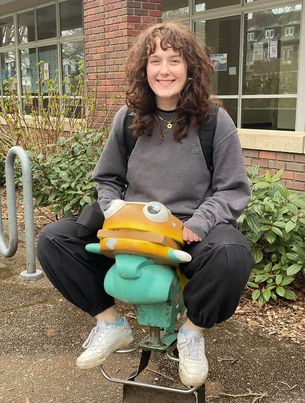I admire translators. Fan translators, in particular, who are often well-respected in Internet spaces involving content from another country. They relay information quickly for English-speaking fans so everyone can take part in the joy. But having read countless “translator’s notes”, I’ve constantly started thinking about how often meaning and nuance might get lost in translation, and how huge misunderstandings can spring from a mistranslation. I wanted to try translating text myself to experience how difficult it could be.
The first task was finding a text to translate. Translation differs across mediums, but I chose to translate an excerpt from a novel. Novel translation differs from other types of translation, such as interpreting dialogue, which I understand to be more literal. For novel translations, factors such as preserving the author’s style and intent must be taken into account.
The book I translated from is《废墟曾经辉煌》 (Fei Xu Ceng Jing Hui Huang) by female fiction writer Zhang Ling (张翎). It’s a book of lighthearted travel anecdotes, and the section I attempted translating was 成都散记 (Chengdu San Ji), a three part collection of prose about the city of Chengdu.
Continue reading “A Translation Project”




